BIPOC Outdoor Storytelling
iStock
Melanin Base Camp is a storytelling platform that has allowed myself and so many others to share our own experiences of either growing up in the outdoors or falling in love with adventure sports as an adult. Sharing your story helps increase the visibility of people of color within outdoor spaces and media. Intentionality is key, otherwise we may find ourselves adjusting to fit someone else’s image of us versus the image we have of ourselves.
Writing your own outdoor narrative can be an empowering process whether you share your story through an Instagram reel, a blogpost or with a family member who is struggling to understand your choice in weekend activities.
Owning your truth is important and no one can tell you otherwise, but words do matter. According to the founder of the Outside Voices podcast, Sarah Shimazaki, it is possible to tell a story that is both “self-empowering and problematic.” The best of intentions can still result in stories that are harmful.
Over the past four years of blogging and editing for Melanin Base Camp, I’ve noticed some things that we may inadvertently do or say when telling our own stories on- and off-line. So, here are three pitfalls to avoid when crafting your outdoor narrative.
iStock
Avoid: “They just don’t get it.”
Example - I’m not like other Black people who say snowboarding and hiking is “for white people.” That mentality is so backwards and ignorant—it’s embarrassing. They are so close-minded. I know better and I’m more open minded so here’s an image of me snowboarding in $5,000 worth of equipment and clothing. I hope one day other Black people from my old neighborhood where the median income is $30,000 will be more like me.
Example - While I was at school I took advantage of their outdoor program gear rentals and subsidized classes to learn how to snowboard. That’s how I fell in love with the sport. I wish more Black people had the opportunity to try snowboarding but I also realize it’s incredibly expensive. The overwhelming whiteness of the community may also be a barrier for some even though that has not been my personal experience. I really like my circle of friends and I feel comfortable spending weekends in all white mountain towns and snowboarding camps, but I understand that isn’t for everyone. I just wish I could share more of what I love with my family. I think they’d really enjoy it.
The breakdown: It’s pretty easy to tell which example is more nuanced and which example takes a complex situation—the history of race, class, accessibility and the outdoors and reduces it to “I’m not like other Black people.” The outdoors is often this wonderful experience that makes us feel really big emotions that we wish we could share with our friends, family members and community. It’s not always that simple though, is it? It’s okay to feel frustrated; it’s never okay to blame marginalized people for not having privileges that we were either born with, had white friends introduce us to or—against every odd—clawed our way into as ‘The Only One’. Despite what outdoor media and advertising would have you believe, it takes much more than a sense of adventure and a flannel-clad, monochromatically diverse friend group to live the exciting outdoorsy life you’ve always dreamed of. There are many reasons why family members or other people in your community may never have access to the same outdoor activities you do. That doesn’t make them backwards or ignorant.
Plus, many outdoor activities (and outdoor spaces) are racially segregated to this day, so please don’t gaslight your relatives. There’s often a trade off between access to cultural activities and access to white outdoor spaces. After all, we only have so much free time after work and on the weekends. Spending time outdoors in predominantly white groups often means spending less time around people who share our racial or ethnic identity. It’s not how it should be but that’s often how it is, which means different people will have different comfort levels. That is a very personal decision that we can’t make for others.
That doesn’t mean you shouldn’t be proud of what you’ve worked hard to accomplish. It also doesn’t mean you’re a bad person for being able to budget money towards buying gear and planning backcountry adventures versus sending money home, taking care of younger siblings, or paying off student loans. It’s okay if your personal narrative is about reaching your goals, being adventurous and having fun in the outdoors. One way to avoid the “I’m not like other _______” trap is to simply remove words that imply a value judgment against people who aren’t privileged enough to live the way you do. Also, don’t forget to share information that will facilitate access for newcomers. That’s just good storytelling.
Photo credit: Don Carrington
2. Avoid: “They’re not motivated enough”
Example - I identify as a disabled person. I use mobility aids to get around and I have difficulty walking. But, guess what? I also skydive. Isn’t it great! More disabled people should be like me. If they’re not skydiving it’s because they’re just not motivated enough and they don’t have the right attitude. With the right attitude any disabled person can enjoy free-fall from 13,000ft.
Example - I love to skydive even with my disability. I know I am privileged to have access to this activity that isn’t very accessible for many reasons. My secret is that I was skydiving for years before I got sick. Just because I occasionally post images of myself “skydiving while disabled” doesn’t mean that skydiving is something most or even some disabled folks have access to—it isn’t. Back then I could afford the $4,000+ for gear, $25-27 per jump ticket and transportation costs because I had a great job with benefits. Nowadays, a much larger portion of my budget goes towards healthcare related costs; and much more of my time and energy goes towards medical appointments and very simple activities like showering and cooking.
Sometimes the biggest challenge is not wanting to deal with discrimination as a disabled Black woman in an overwhelmingly white male able-bodied sport. The community can be incredibly close and supportive if you are non-disabled and able to fully participate, but I’ve seen how it struggles to support even other white people who are dealing with physical and mental health challenges, ranging from short-term injuries to cancer to depression.
We’re a “positive vibes only” sport and we love a good “skydiving-changed-my-life” narrative; anything outside of that and people just don’t know how to respond. I think there’s a lot of potential for change. For now, it totally makes sense that disabled people would choose an activity that’s more practical and more accessible for them and that includes a lot more community care. For anyone who is interested, I hope I can be a friendly face.
The breakdown: Tell your own story, not someone else’s and remove value judgements where they just don’t make sense. Just because someone isn’t interested in or physically able to participate in a given outdoor activity doesn’t make them morally deficient. They don’t need more motivation or a better attitude. That sort of no-nuance take is giving the same sort of toxic energy as doctors who tell their chronic pain patients that they just need to exercise more. So don’t use your own personal narrative as an opportunity to compare yourself to others. And don’t weaponize your story with the purpose of shaming others.
And please avoid #inspirationporn. I get it; as much as it annoys me when people on the trail praise me for hiking with my elbow crutches, I still love a good mountaintop, crutch-waving moment as much as the next person. The danger comes from generalizing your ability or activity level to other disabled people or even saying nothing while others do the same. Inspiration porn undeniably harms disabled people who can’t “overcome their disability” for a 15-sec TikTok or Instagram photo-op. The expectation that we ought to is ridiculous.
Even if you’re not disabled, you’ve probably felt a lot of pressure online to perform #sustainability, #vanlife or even #wanderlust for an audience (yes we see you Passport Twitter). If we’re not mindful of how we share our own story, it’s possible to perpetuate the same shame or lower sense of self worth that we’ve, at times, experienced online. One way to change that is to be very transparent about our own privilege. Be specific when possible. It takes a lot more than motivation to learn a new outdoor activity. So if you’ve enjoyed access to transportation, classes, mentors, coaches, gear, outdoorsy friends—talk about that.
iStock
3. Avoid: “I don’t fit in anywhere”
Example - I’ve always been too white for the Asian kids and too Asian for the white kids. I don’t fit in anywhere, which is why I spend most of my free time in my all-white climbing group; because it feels safer. I feel disconnected from other people who look like me. Yeah, my parents are from _____, but I grew up American. Some people just don’t get that. I’ve heard about affinity groups for Asian climbers but—no thanks; I’m tired of being judged.
Example - I’ve always had a hard time making friends with other people who look like me. After all, I grew up in mostly white neighborhoods and I wasn’t socialized with or exposed to other Asian American kids or families. I didn’t grow up speaking my heritage language and I feel disconnected from my culture. To be honest, this isn’t easy to talk about. These aren’t choices I made for myself, they’re choices my parents made for me. I know they had good intentions and that they wanted the best for me but the end result is that I just don’t feel comfortable around other Asian people. I recently joined a group for Asian climbers. I was really reluctant to attend at first—I was worried that people would judge me—but I went to a meetup and had a lot of fun. We even bonded over the shared trauma of not being able to talk to our grandparents. I still feel nervous, but I’m starting to think that the distance I’ve been placing between myself and other people who look like me—I think it was a coping mechanism that no longer serves me as an adult. I’m tired of pre-judging other people before they can judge me.
The breakdown: Here’s a hot take: clichés are way more popular than emotional vulnerability. Just scroll through TikTok or Instagram. ”No one accepts or understands me” is a variation of “I’m not like other _______.”
What does growing up American mean? I see this over and over again and it’s a little frustrating in that it invalidates the Americanness of people who were raised differently from whatever “growing up American” is supposed to mean. You can grow up eating ‘ethnic food’, speaking multiple languages and still have an American childhood. It’s also giving anti-Indigenous and anti-immigrant vibes.
Let’s ditch the euphemisms, please. If you grew up in white neighborhoods, say that; if you grew up attending mostly white schools, say that; if you grew up in English-only households, say that; if you grew up with parents who were reluctant to pass on their culture for valid fears of discrimination, say that; if you were bullied for packing anything other than oddly-shaped, highly-processed, batter-fried, flash frozen and reheated chicken meat in your school lunches, say that.
This sort of one note storytelling assumes that other people like you don’t exist. False! It’s a lot harder, but more vulnerable to communicate your fears that people won’t understand you or accept you versus stating the former as fact (it isn’t!). On a personal note, writing about “growing up white” is a favorite topic of mine. Do I love racial trauma? No, not really; it’s just helped me process that fact that as a child, I needed to grow up around Black peers (not just Black adults) and that’s not something I had always had access to. If you are in your 20s or 30s or older and still working through your insecurities surrounding your racial or ethnic identity, you are not alone! There are so many of us out here.
This isn’t to say that you’re not allowed to feel traumatized from the very traumatic thing that happened to you as a child. Trauma is very personal, after all. Yes, I’m talking to anyone who was bullied for “acting white”, “talking white”, not knowing your heritage language, customs or traditions, etc. However, that is not the same thing as structural race-based oppression. Please don’t confuse the two and please don’t imply that they are equally responsible for why you feel like you don’t belong. They are not. Ultimately, white supremacy is to blame—not other marginalized people for why you feel disconnected from your culture. It’s also at fault for why it seems like there’s only one way to be _________ and a lot of pressure to conform.
No-nuance takes that stereotype entire groups of Black, Indigenous and People of Color are not okay. They’re not ethical storytelling. It’s okay to say that “I experienced trauma and I’m working through it.”
It is not okay to say that “__________ people” don’t like me” or “____________ people just don’t get me.” That is not a fact. That is a coping mechanism.
Thanks for reading! Here are a few examples of powerful, emotionally vulnerable, ethical storytelling from first-person essays published on our website. Hope you enjoy. Let us know what you think!
Why I Sleep on the Ground by Sally Lin
The Dirtbag Dream and How It Nearly Ruined Climbing For Me by John Shin
Being and Becoming Asian in the Time of COVID-19 by Caroline Hsu
The Joys and Dangers of Solo Backpacking by Adam Mitchell
Feeling Guilt and Shame While Enjoying the Outdoors by Nadia Mercado
Oreo: Growing Up Black in Post-Racial America by Danielle Williams
A Dam Release Helped Me Recover from a Backcountry Injury Part II by Adam Edwards




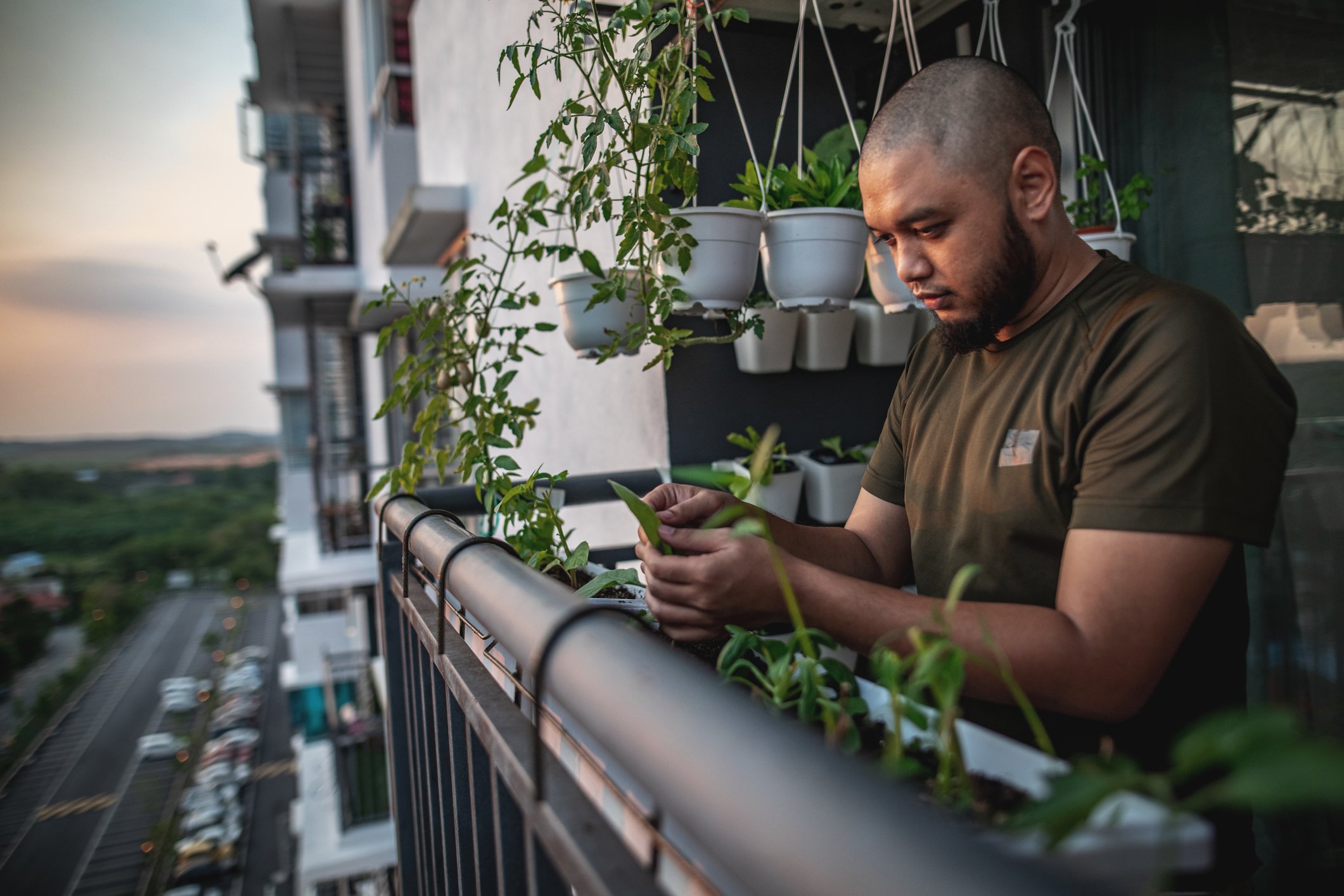
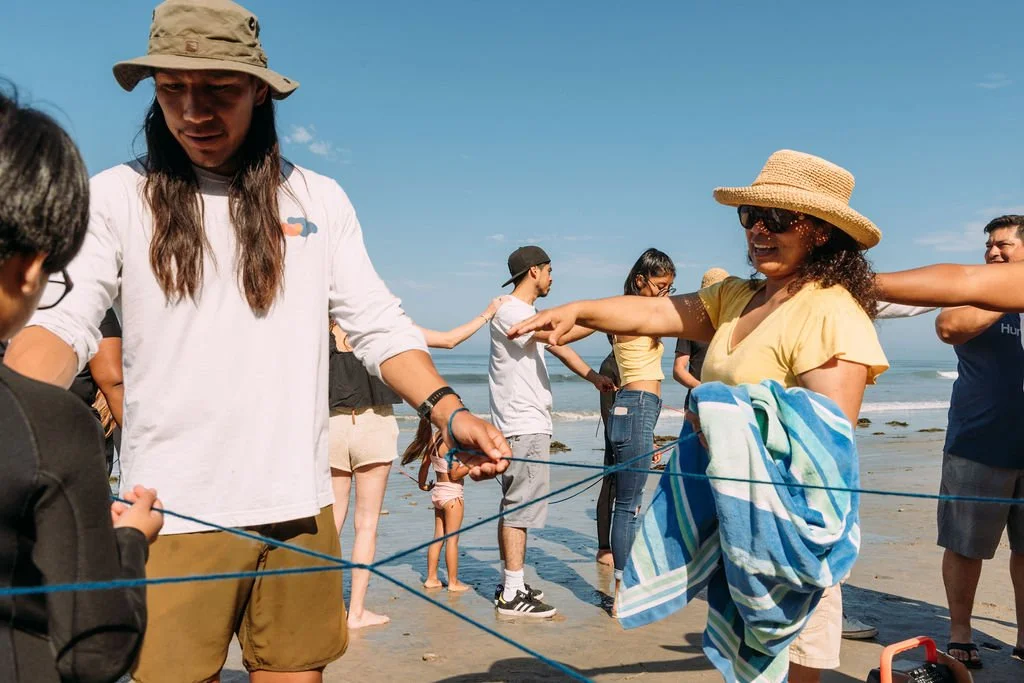
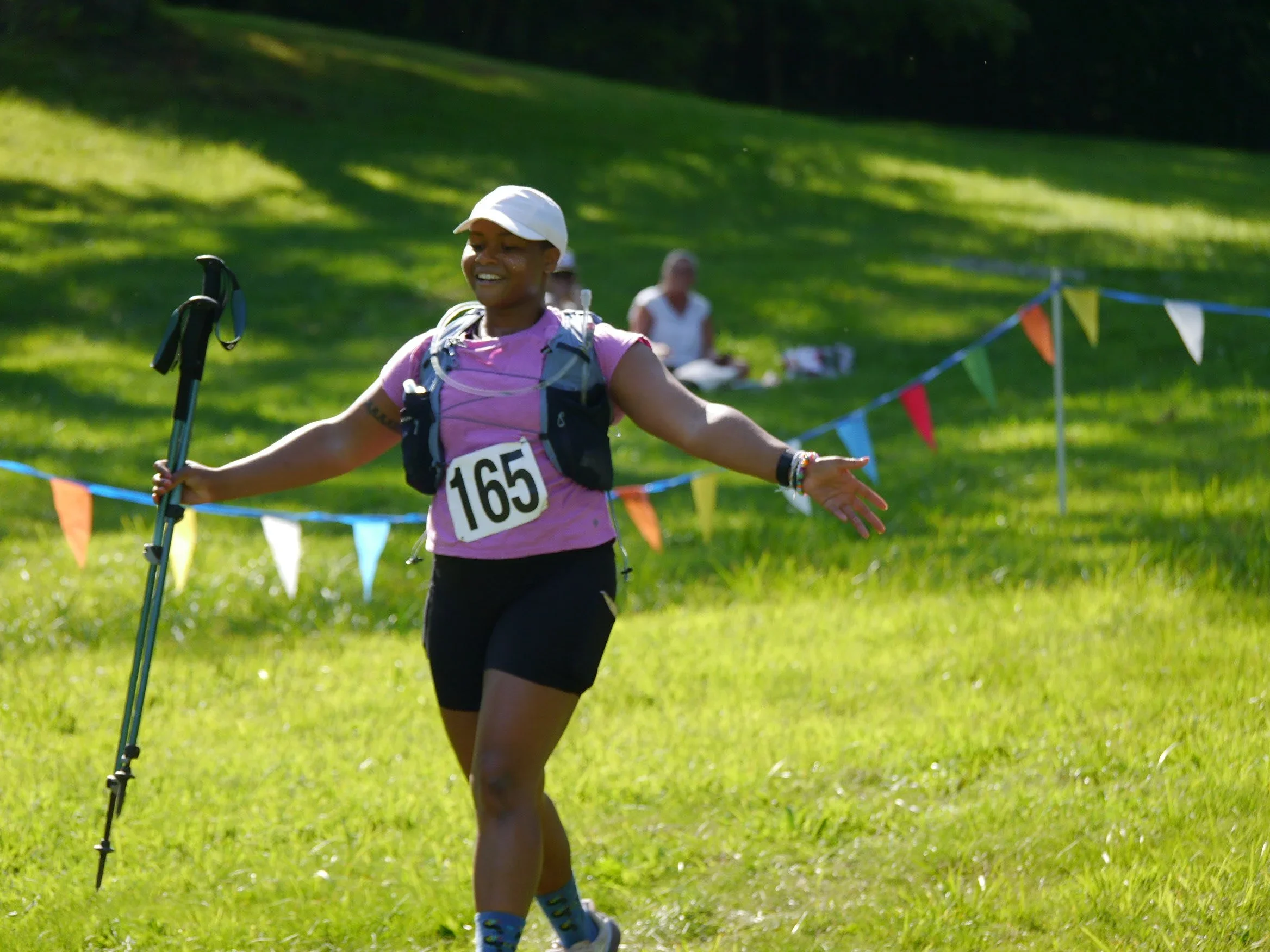

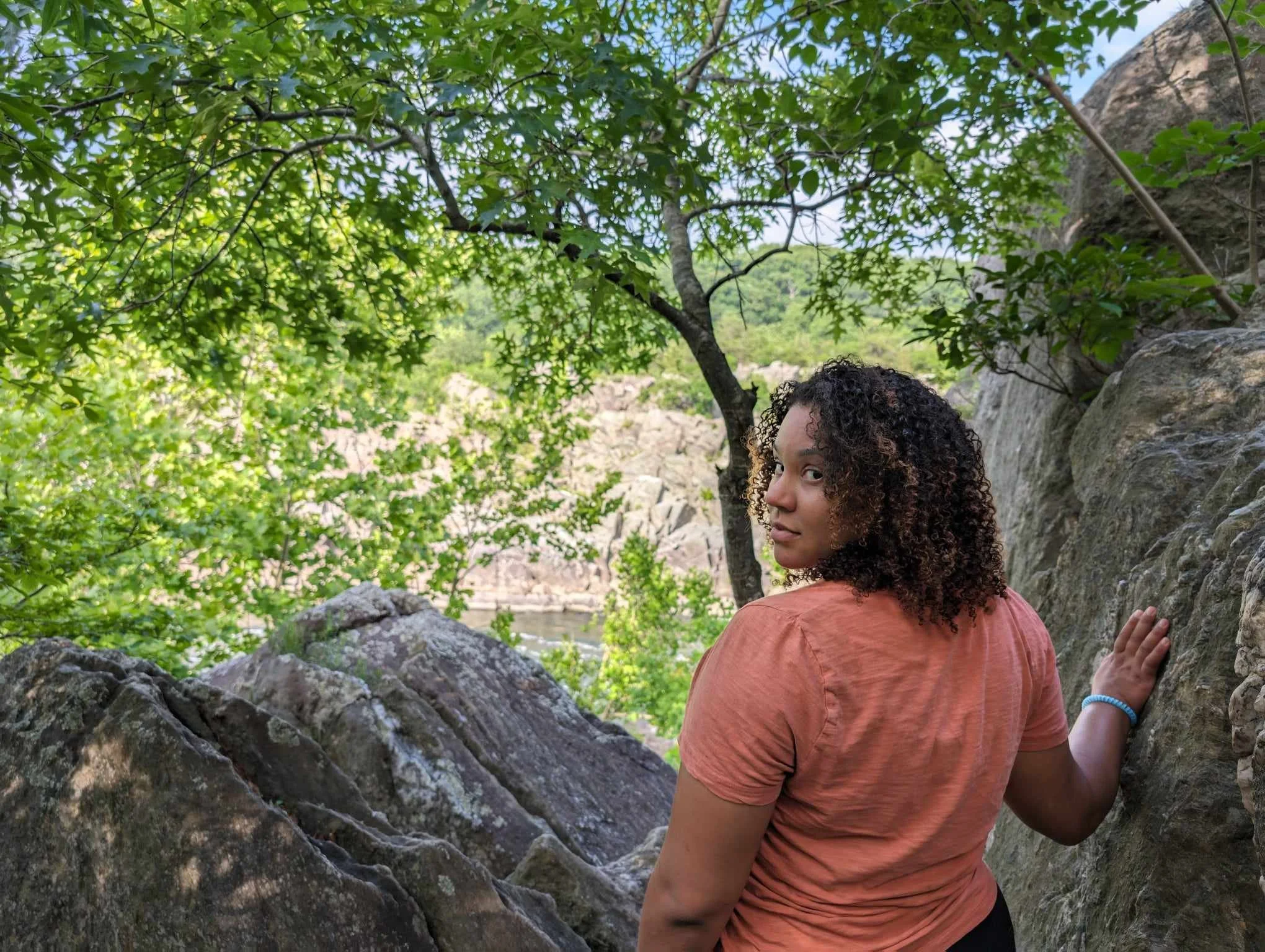

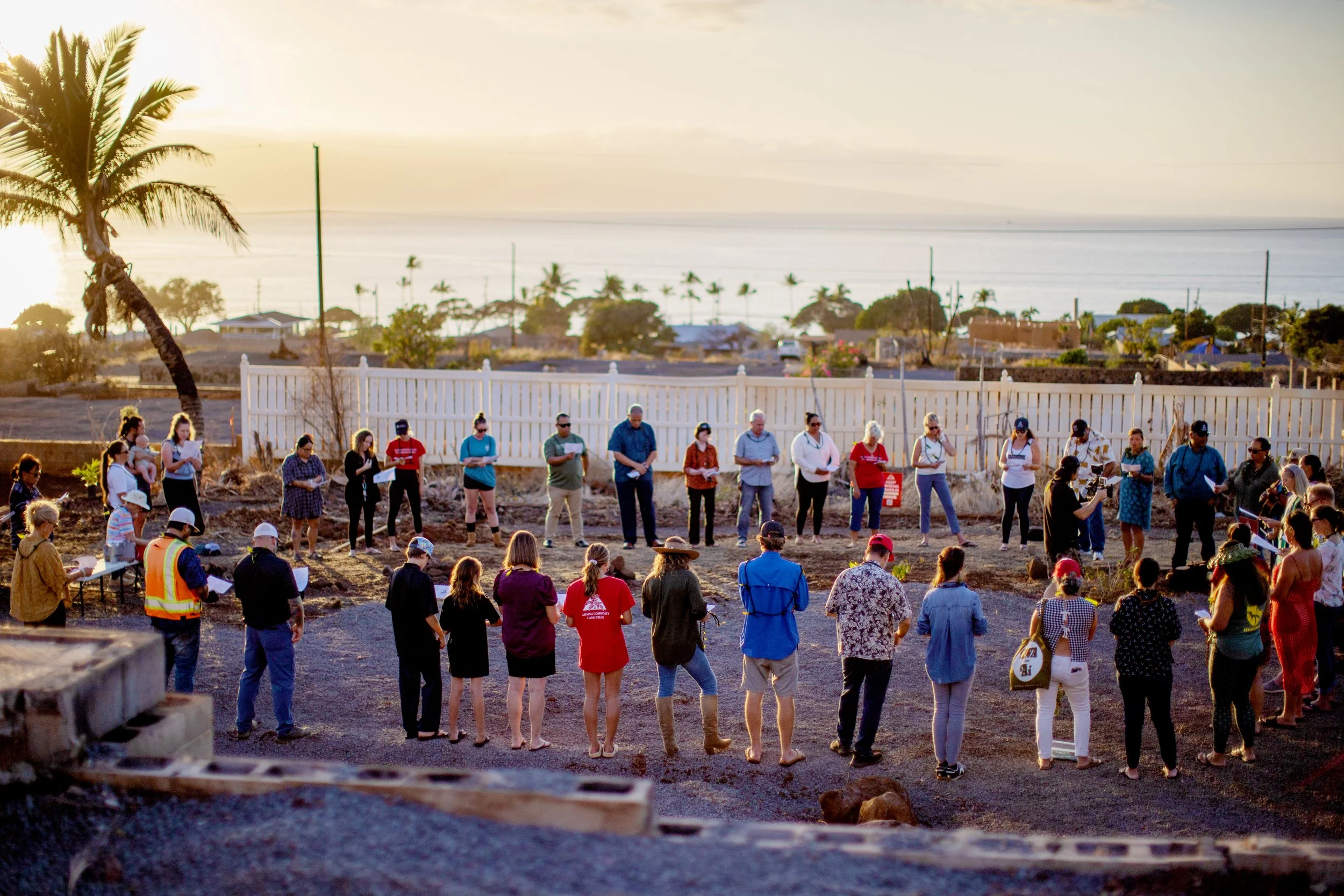








I enjoy how climbing is just as much mental as physical. You rely on body tension and technique, instead of attempting to brutishly muscle my way up the wall. When I can’t figure out a route, I often think about the moves when I’m away from the gym.